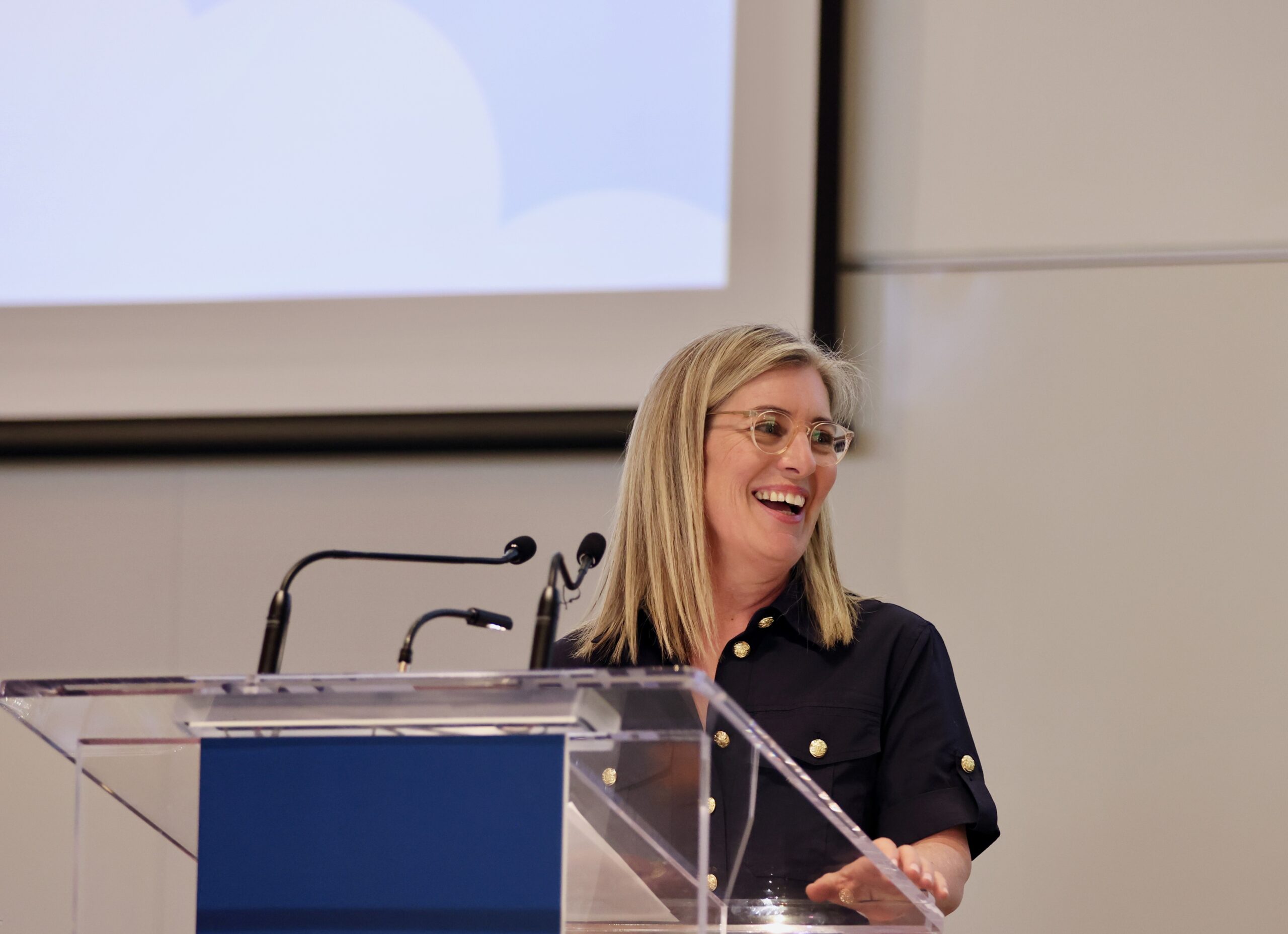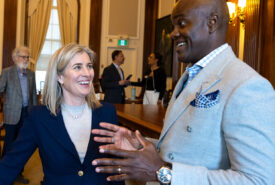Dr. Meric Gertler
President, University of Toronto
Download the full text and slides as a PDF…
It’s a great pleasure to join you today. I am delighted to welcome those of you visiting Toronto from out of town. I am also delighted to see such a strong University of Toronto presence on your conference program, including Janice Stein on Sunday afternoon, Richard Florida at lunch today, and our Chancellor and a truly great Canadian, the Honourable Michael Wilson on this panel this morning.
As Professor Weinberg indicated in his introduction, I have a somewhat novel dual identity: on the one hand, I have spent much of my academic career studying the economies of urban regions, and the factors that make cities dynamic, resilient, and prosperous. At the same time, I am now a university President, the CEO of Canada’s leading, largest, and most research-intensive academic institution.
And I am continually struck by how often these two identities overlap. This overlap will be the theme of my remarks today. In particular, I want to address this question: How do universities contribute to urban economic development?
Of course, I would expect this audience to know a lot about this question already. I’m sure many of you work with post-secondary education institutions on a regular basis. This morning, I want to get beyond some of the more obvious answers to explore other dimensions to this issue that are less widely appreciated. And to do so, I will draw on examples from the institution I know best, the University of Toronto.


